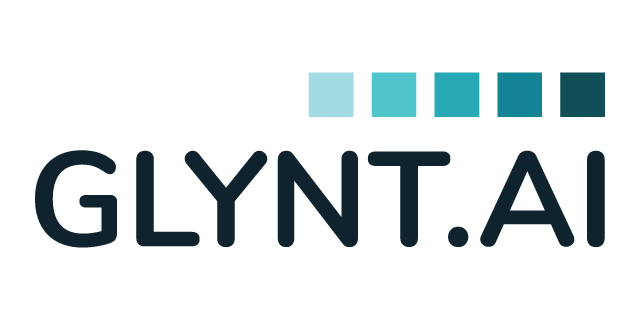Do an online search for the “consumerization of enterprise software” or “consumerization of procurement.” and you’ll get plenty of hits. What does this mean? It means a huge shift in expectations about how software should work.
In the old days, IT made decisions for the entire corporation. Then we had “citizen developers” who tried out software and snuck it into the enterprise. They adopted first and asked for blessing from IT later. Today we have a third wave, led by a generation who has been downloading apps on their phone for years.
So the change in expectations is: Why can’t enterprise software be as easy to use as any other app? Why can’t the data generated by enterprise software be easy to access? Why can’t even sophisticated AI applications be controlled by the Business User?
(We define Business Users as the folks that are spreadsheet jockeys, data analysts and ready to put results into Tableau or Power BI. Business Users don’t code.)

As you may have heard, GLYNT has added a feature to the data we extract, CO2 emissions. For utility bills, energy use by property can be rigorously translated into Scope 2 emissions data by property. For invoices, line-item detail can be translated into emissions by purchase. Aggregating the invoice detail brings together emissions data from the supply chain, known as Scope 3 emissions.
GLYNT always produces clean, structured data in CSV or JSON format. For a Business User, this means GLYNT puts emissions data at their fingertips. Everyday. Suddenly the needs of the Business User – simplicity and ease of access – have aligned with the needs of the planet. GLYNT has enabled the interested Business User to be an agent of change. Now how cool is that?
Are you a Business User who wants access to data? Do you want to be in control of world-class AI? Talk to GLYNT!
